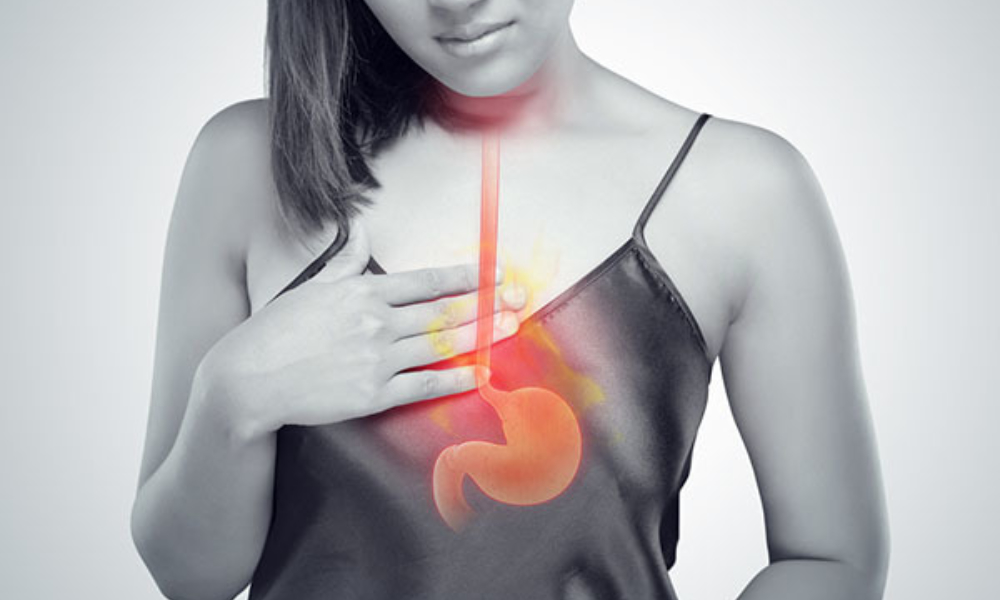
Acid Reflux vs. GERD: What's the Difference?
Millions of people suffer from acid reflux and GERD, but many don't know the difference between the two. This article will help to clear up any confusion about the two conditions.
What is acid reflux, and what are the symptoms?
Acid reflux is a condition in which stomach acid comes up into your throat. It may also be called "acid indigestion" or "heartburn. The pain can range from mild discomfort to a severe burning sensation. Sometimes the back of your throat gets sore, your chest feels tight, and you might even cough up mucus. Acidity reflux is often mistaken for gastroesophageal reflux disease (GERD).
In most cases of acid reflux, symptoms tend to go away shortly after eating because the food will help neutralize the stomach acid. However, if you have GERD, the symptoms may persist and even worsen over time.
What causes acid reflux?
A backup of stomach acid causes acid reflux into your esophagus. This can happen for several reasons, including:
- Eating too much or too quickly
- Consuming certain trigger foods like spicy or fatty foods, caffeine, alcohol, and carbonated drinks
- Smoking
- Being overweight or pregnant
- Having a hiatal hernia – a condition in which part of your stomach moves up into your chest cavity
- Taking certain medications like aspirin, ibuprofen, or steroids
What is GERD, and what are the symptoms?
GERD is a more severe condition than acid reflux. It is caused by an inflammation of the esophagus, not by excess stomach acid coming back up from the stomach. The main symptoms of GERD are:
- Heartburn that persists for more than two weeks
- A burning sensation in your throat
- Chest pain
- A dry cough
- Difficulty swallowing
- Hoarseness
If you have any of these symptoms, it's essential to see your doctor. Left untreated, GERD can lead to more severe health problems, such as cancer of the esophagus.
What are the differences between acid reflux and GERD?
The main difference between acid reflux and GERD is that acid reflux is a milder condition, while GERD is a more severe condition. Acid reflux is caused by a backup of stomach acid into your esophagus, while inflammation of the esophagus causes GERD.
The main symptoms of acid reflux are a pain in the chest and throat, while the main symptoms of GERD are heartburn that persists for more than two weeks, a burning sensation in your throat, chest pain, difficulty swallowing, and hoarseness. If you have any of these symptoms, it's essential to see your doctor.
How to treat acid reflux and GERD?
There are many ways to treat acid reflux and GERD. The most important thing is identifying the triggers that cause your symptoms and avoiding them. Here are some other tips:
- Eat smaller meals and eat more slowly.
- Avoid spicy or fatty foods, caffeine, alcohol, and carbonated drinks.
- Smoking can worsen both conditions, so try to quit if you smoke.
- If you're overweight, try to lose weight.
- If you have a hiatal hernia, see your doctor for treatment.
- Try taking over-the-counter medications like antacids or H2 blockers to help control stomach acid.
- In some cases, your doctor may prescribe medications like proton pump inhibitors (PPIs) to control GERD.
Both acid reflux and GERD can be treated with over-the-counter medications and lifestyle changes. However, if your symptoms don't improve or worsen, your doctor may prescribe medicines like proton pump inhibitors (PPIs) to control GERD.
Needham Gastroenterology Associates Can
Needham Gastroenterology Associate professionals are here to help you with GERD or Acid Reflux. We encourage you to contact us and set up an appointment to help with diagnosis and treatment.